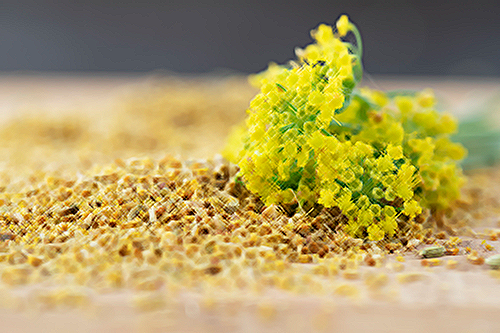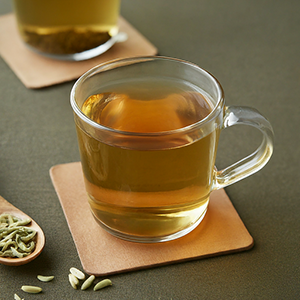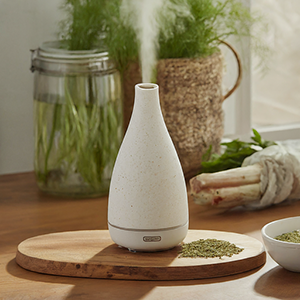Contents
Ancient Egyptians already knew about fennel seeds’ benefits and used them to treat lousy digestion. In India, a tradition says this plant is “the pearl among aphrodisiacs.” Thus, it is part of potions that allegedly arouse sexual desire. However, its main current applications relate to the digestive and respiratory systems.

Fennel Scientific Facts
- Scientific Name – Foeniculum vulgare Mill.
- Other Names – Large fennel, wild fennel, sweet fennel.
- French – Fenouil.
- Spanish – Hinojo.
- Environment – Native to Mediterranean countries, it is nowadays widespread all over Europe and America. It grows on dry slopes and uncultivated soils.
- Description – Vivacious plant of the Umbelliferae family, which grows from 80 to 140 cm high, with thick, green-bluish stems, finely divided leaves with a typical aroma, and yellow flowers growing in terminal umbels.
- Parts of the plant used medicinally – The seeds.
Fennel Seeds Benefits

The entire fennel plant, especially the seeds, contains an essence rich in annetol, estragol, and terpenic hydrocarbons. Let us see its properties and indications:
- Carminative – Fennel eases the expulsion of intestinal gas and stimulates the peristaltic movements of the intestine. It has mild laxative properties.
- Digestive—It promotes stomach emptying and digestion. The plant produces satisfactory results, including a bloated stomach, slow digestion, excess gas in the stomach, and belches.
- Expectorant – Fennel is recommended for bronchial catarrh and colds.
- Galactogenic – It increases the production of milk in breastfeeding women.
- In external applications, the plant is used for eye irritation or eye baths for chronic conjunctivitis.
Though the seeds are primarily used, the root and seeds are excellent as intestinal and stomach remedies. It stimulates the function of the spleen, kidneys, and liver, along with clearing the lungs. It can be used to increase appetite and treat abdominal and colic cramps. Fennel can also relieve colon and abdominal disorders and expel mucous accumulations.

However, it is primarily used to reduce flatulence and gastrointestinal tract spasms. For this reason, use fennel oil combined with honey or a water-saturated solution as a gargle for hoarseness and coughing. It also treats cramps, colic, and an acidic stomach. It can expel obstructions of the gallbladder, spleen, and liver in much larger doses.
Fennel can also increase urine flow, mother’s milk, and menstrual blood. The powdered seeds are poulticed and used as snakebites in China. Fennel seed oil expels hookworms, kills bacteria, and relieves smooth muscle spasms. In Germany, the seeds are approved for treating upper respiratory tract catarrh and gastrointestinal fullness.
Experiments are being carried out on fennel seed oil’s ability to remove hookworms, kill bacteria, and relieve spasms of smooth muscles. Fennel seed is the best anethole source, utilized commercially as a “licorice” flavor. The seed extracts promote gastrointestinal motility.
Warning
Do not exceed the recommended dose since the essence fennel contains can produce convulsions.
How to use Fennel
- Infusion with one teaspoonful of seeds per cup of water. Drink three or four cups a day after meals. In the case of a cold, sweeten this infusion with honey.
- Essence – The usual dose is from one to three drops twice daily.
- Eye washing with the same infusion used internally.
Fluid Extract: Take five to sixty drops three times daily. Oil: Take one to five drops three times daily. Powder: Take the average dose of three #0 capsules (15 grains).
REFERENCES
- George D. Pamplona-Roger, M.D. “Encyclopedia of Medicinal Plants.” George D. Pamplona-Roger, M.D. Encyclopedia of Medicinal Plants. Ed. Francesc X. Gelabert. Vols. 1 San Fernando de Henares: Editorial Safeliz, 2000. 360. Print. [fennel seeds benefits]
- Vance Ferrell Harold M. Cherne, M.D. The Natural Remedies Encyclopedia [Book]. – Altamont, TN: Harvestime Books, 2010. – Vol. Seventh Edition: 7: pp. 158.
- https://www.webmd.com/diet/health-benefits-fennel-seeds
